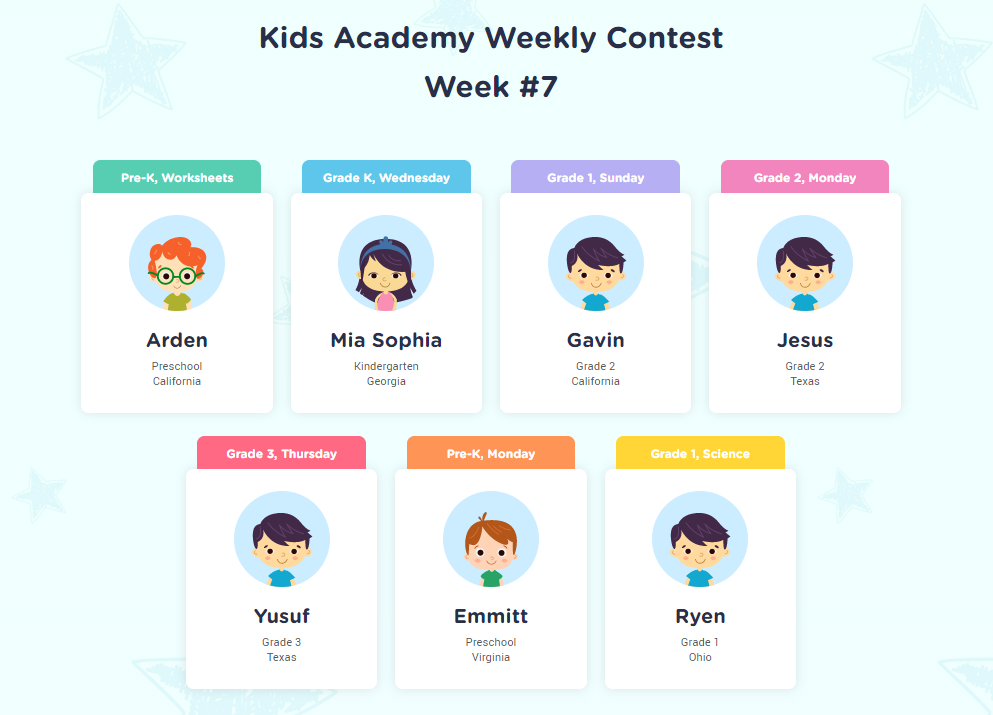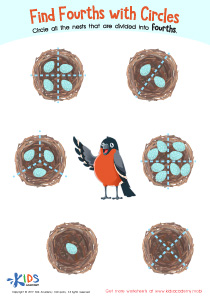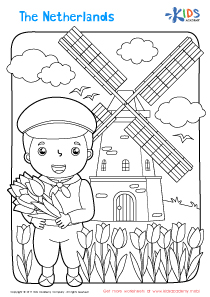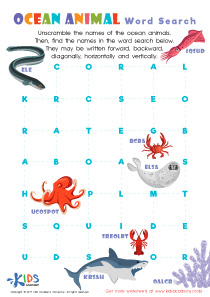Extra Challenge Tracing Numbers worksheets activities for Grade 2
2 filtered results
-
From - To
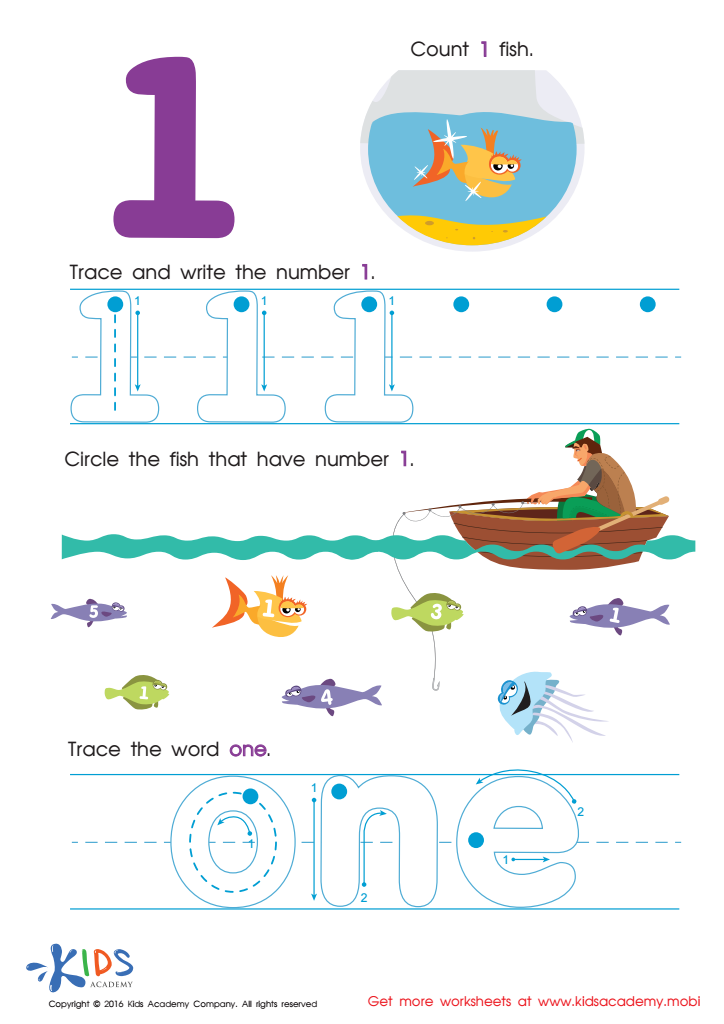

Learning to Write 1 Worksheet
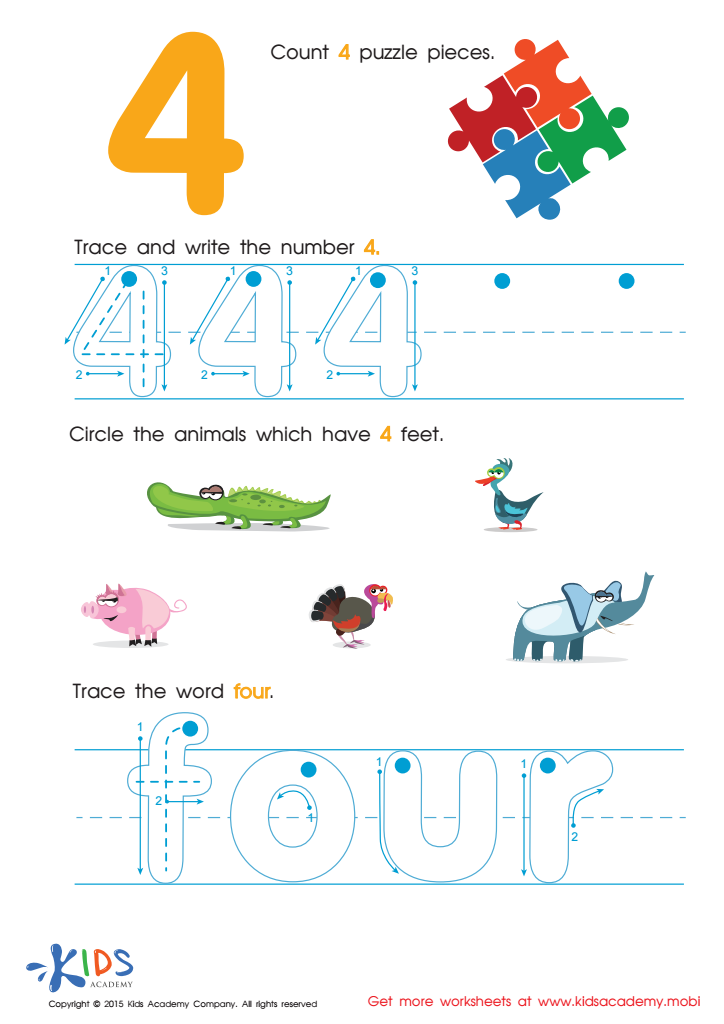

Teaching Children to Write Number 4 Worksheet
The Extra Challenge Tracing Numbers worksheets activities for Grade 2 present a valuable educational tool designed to bolster the numerical proficiency of young learners. At this crucial stage of their academic journey, mastering the basics of numbers not only lays the foundation for more advanced mathematical concepts but also fosters an early appreciation for the subject. Let's delve into why these worksheets stand out as an essential part of a Grade 2 curriculum.
Firstly, the Extra Challenge Tracing Numbers worksheets are meticulously crafted to provide an engaging and stimulating learning experience. These activities go beyond mere repetition, encouraging students to understand the shapes and sequences of numbers through tracing. This hands-on approach aids in improving their fine motor skills, an often overlooked aspect of learning numbers, which is crucial for handwriting and other academic tasks.
Secondly, these worksheets are designed to cater to students who are ready for an extra challenge. Grade 2 is a time when learning abilities can vary significantly among children. Providing activities that stretch their capabilities ensures that advanced learners remain motivated and engaged, preventing boredom and fostering a love for learning. By tackling these more challenging tasks, students not only reinforce their number recognition and formation skills but also gain confidence in their abilities to handle more complex problems.
Moreover, the Extra Challenge Tracing Numbers worksheets for Grade 2 serve as an excellent resource for both teachers and parents. They offer a structured way to identify and nurture the mathematical talents of students, enabling personalized learning paths. These worksheets can be incorporated into classroom lessons or used at home for extra practice, making them a versatile tool in the educational arsenal.
In summary, the Extra Challenge Tracing Numbers worksheets activities for Grade 2 are invaluable for enhancing numerical literacy, fine motor skills, and learner confidence. By providing an extra layer of challenge, they ensure that young minds are engaged, stimulated, and prepared for the mathematical demands of their future academic endeavors.

 Assign to the classroom
Assign to the classroom



